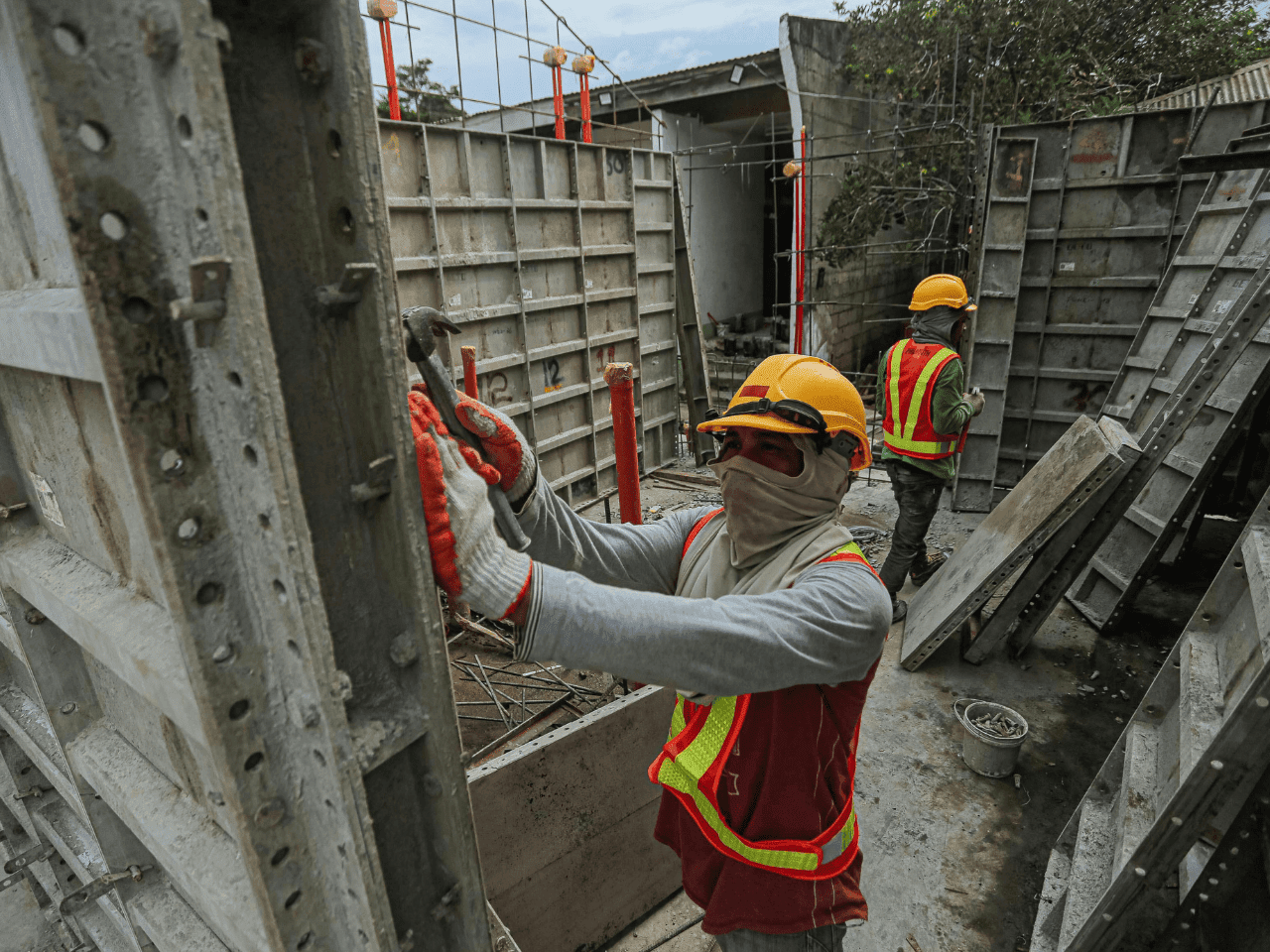How to address data availability and value chain complexity issues for more confident CSRD reporting.
A recent survey by PWC found that most companies believe they are ready for CSRD reporting but data availability and value chain complexity are two of the biggest obstacles to implementation. How can businesses overcome these challenges and collect the value chain data to meet CSRD reporting requirements?
Approximately 12,000 businesses are currently preparing for the first year of reporting under the Corporate Sustainability Reporting Directive (CSRD). CSRD officially came into force in January 2023, and forms part of a package of sustainability-focused measures introduced by the European Union. CSRD requires organisations to report on both direct and indirect ESG impacts – requiring organisations to collect, validate and assess both internal data and information from suppliers across their upstream and downstream value chain.
As part of the preparation process, some of the world’s largest businesses now need to be assessing sustainability-related material impacts, risks and opportunities, and compiling data both on themselves and on their value chain for their first disclosure.
Published in June, PWC’s 2024 Global CSRD Survey found that 97% of respondents due to report in FY2025 were confident that they would be able to meet reporting requirements. However, perhaps unsurprisingly, the report also revealed that data availability and value chain complexity were seen as the biggest challenges. Of those surveyed, 83% of companies reported that value chain data availability and / or quality was an obstacle in implementation to a moderate or large extent.
As experts in the collection, verification and analysis of value chain data Achilles recognises the challenges that many businesses face when attempting to identify value chain business partners, collect and evaluate relevant sustainability-related data.
If your organisation, like many, is struggling with value chain data availability and quality, here are three recommendations to help you collect the information you need:
1. Value Chain Visibility and Complexity
The challenge: CSRD requires companies to consider both their upstream and downstream business relationships when assessing and disclosing on sustainability-related material topics defined within the ESRS reporting framework. Identifying business relationships within global value chains is complex and time consuming. Business relationships are increasingly global in their nature. Building a clear picture of the supply chain across multiple tiers requires supplier communication and engagement across many different time zones and language barriers.
Recommended approach: Businesses should attempt to build common networks within their supplier base, utilising, where possible, local experts to engage with value chain partners to build an accurate picture.
2. Data Accuracy
The challenge: The hard work isn’t over after companies have collected information from the value chain. Verifying the veracity of the information that has been provided is critical in ensuring that material impacts, risks and opportunities have been appropriately identified. Value chain data can be extremely varied in its quality. It’s not uncommon for information to be completely inaccurate or incomplete.
Recommended approach: Defined data requirements should be agreed with value chain partners to ensure appropriate information is correct. Companies should also consider deploying harmonised technology and human-led solutions to interrogate value chain information prior to assessment.
3. Value Chain Cooperation
The challenge: Requiring business partners around the world to support your regulatory reporting requirements isn’t easy. For many value chain partners there will not currently be a direct requirement to report under sustainability-related regulations. Business partners are likely to feel strain under the increased burden associated with responding to information requests and, in turn, may be reluctant to cooperate.
Recommended approach: Using tools to increase value chain transparency and data collection efficiency enables many companies to dedicate additional time to engaging with suppliers to explain the benefits of cooperation. By actively collaborating with business partners, reporting entities can improve business performance and, at the same time, prepare for other sustainability-related legislative requirements such as the Corporate Sustainability Due Diligence Directive (CSDDD).
In summary, whilst many businesses believe that they are well placed to respond to the reporting requirements of CSRD, many have concerns regarding their ability to collect accurate value chain data.
Whilst there is a heavy focus on the collection of internal data, the collection and verification of accurate value chain information can prove to be the biggest challenge. Ongoing value chain collaboration and education will be critical to support the efficient collection of accurate data in advance of disclosure deadlines.
Achilles has worked with multinational organisations and their value chains for over 30 years. As experts in the collection of accurate value chain data, our international team engage directly with value chain partners on your behalf, supporting them in providing the information that you need for reporting purposes.
To learn more about how Achilles can support your value chain data collection, validation and reporting to meet the requirements of CSRD, complete the form below to arrange a call with one of our ESG experts.


